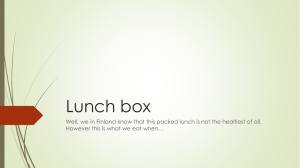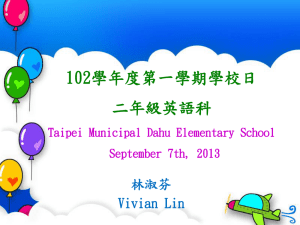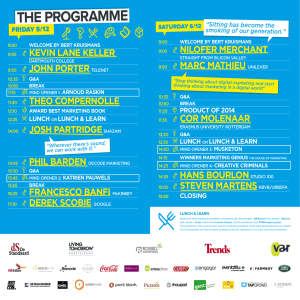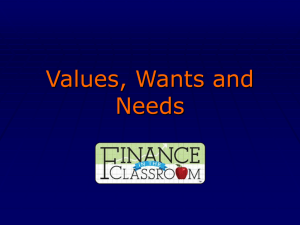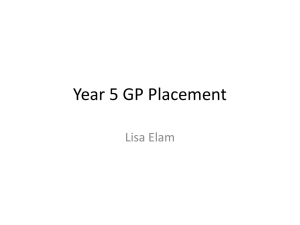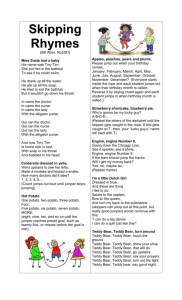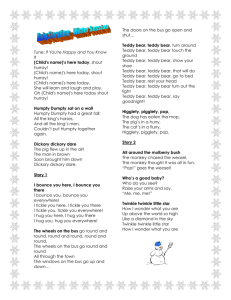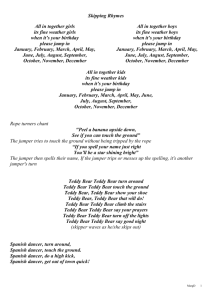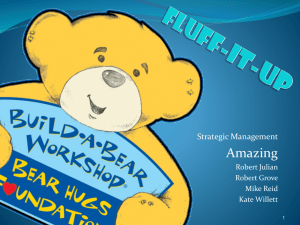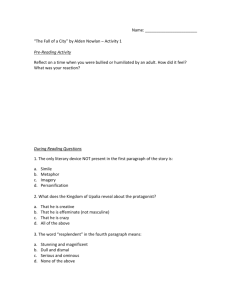Scarcity, Trade-offs and Opportunity Cost
advertisement
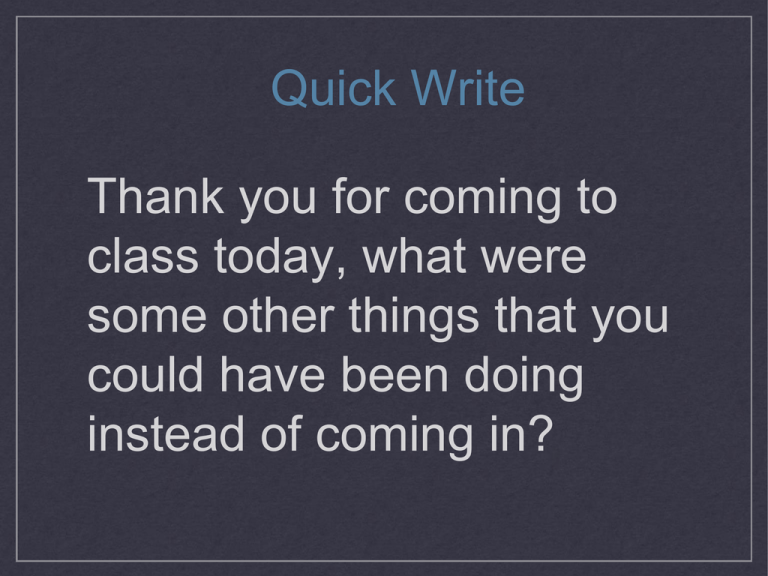
Quick Write Thank you for coming to class today, what were some other things that you could have been doing instead of coming in? Scarcity, Trade-offs and Opportunity Cost The Effects of Scarcity on Decision Making Scarcity Because resources (land, labor, capital) are scarce (not enough), all societies try to use their resources as efficiently and effectively as possible Productivity Everyone in society benefits when scarce resources are used efficiently Productivity: The level of output (goods or services) that results from a given level of input (resources) When output increases with same amount of input, productivity increases. When output decreases with same level of input, productivity goes down o Ex. Nintendo increases output of Wii’s from 100,000 a month to 110,000 a month Productivity: One student was able to complete 2 homework assignments in 1 hour. What’s this students productivity? When you think of productivity, think about how much product they can make with their given resource 2 homework assignments in 1 hour. Efficiency Efficiency: The use of the smallest amount of resources to produce the largest amount of output (getting more for less) Ex. Arrowhead introduced new bottles that contains 30% less plastic. Since they are using less of the resource (plastic), they are being more efficient. (Plus, can create more bottles, thus increasing productivity!) When you think of efficiency; Think being efficient Division of Labor and Specialization To increase efficiency, some businesses might divide the labor into simpler tasks. Division of Labor: dividing the process of production into specific tasks Specialization Specialization: one group, person or thing that performs one task very efficiently (could be a business, or even a region or country ie. Idaho-potatoes, Cali-lettuce, Texas-oil) Ex. Henry Ford and the assembly line for Model-T cars cut the time to make a car from a day and a half to 90 minutes and the cost of a car by 50% Trade-offs and Opportunity Cost Scarcity forces society to make choices Every choice made has a trade-off, or an alternate choice that is given up (ex. stay in or go out at night, homework or television) Tradeoffs Think The Price is right with the Showcase Showdown Opportunity Cost Opportunity Cost: the value of the next best choice that you give up The best opportunity given up when a choice is made The person has 15 dollars to buy either a CD or T-Shirt. The OC of buying either item, is the item that they are giving up Opportunity Cost examples 1.) The opportunity cost of Ms. J becoming a teacher is Mr. J becoming a police officer. What I chose What I gave up Being an officer was my opportunity cost. Ms. J decided against watching Zero Dark Thirty and instead watched Oblivion. We do What could my opportunity cost have been in deciding to go to the movies? In other words, what else could I have been doing? What did I give up by going to the movies? Ms. J decided to buy a burrito from Chipotle. What was my opportunity Cost (OC) for buying that burrito? Your turn to practice Create 5 opportunity Cost scenarios in your notes. Be sure to create the sentence. “The opportunity cost of ________________ was _____________________. Trade-offs and Opportunity Cost Opportunity costs are everywhere in life! Go to college or work, hang out with friends or study, paper or plastic, the list goes on! When we choose the thing with the greater value and give up the other choice with less value, it is called a Rational Choice Opportunity Cost Everything you do has an Opportunity Cost. That’s why “There is no such thing as a free lunch” (TISNSTAAFL) because by going to the restaurant and getting that “free lunch,” you are giving up things that you could have been doing instead. What else could you have been doing instead of getting that lunch? Answer the question as “The opportunity cost of eating that free lunch was….” Independent Practice To practice Trade offs and Opportunity Cost you are going to create a children’s book that explores these key economic concepts. OC Children’s book Individually, you will create a children’s book that is 6 pages in length with each page describing an opportunity cost that your character went through. On each page, you must provide a sentence that signifies a choice. The teddy bear could have cleaned his room, but instead he decided to ride a bike. Then you must explain the opportunity cost. The teddy bears opportunity cost for riding his bike was cleaning his room. You must also illustrate each page appropriately. Ms. J’s story The teddy bear could have cleaned his room last night, but instead he decided to ride his bike. The opportunity cost of riding his bike was cleaning his room. The teddy bear decided to go down the slide, instead of flying kite. The opportunity cost of going down the slide was flying his cost. The teddy bear could have played nice, but chose to get in a fight The opportunity cost of getting in a fight was playing nice. Teddy bear could have stayed up and partied, but decided to go to sleep tonight. The opportunity cost of going to sleep was that he could have partied. Question 1 What is opportunity cost? a. Money paid for opportunity. b. Irrelevant for choices people make. c. The highest valued alternative given up when a choice is made. d. The interest earned on investment. Question 2 What is your opportunity cost of going skiing? a. The purchase price of a lift ticket. b. The amount of money spent on food and drinks in the lodge. c. The value of your next highest alternative given up because of the time and money spent on skiing. d. There is none, skiing is not a commodity. Question 3 What does an economist mean when saying “there is no such thing as a free lunch?” a. Somebody always has to pay for lunch, even if it is free to you. b. Even if somebody else buys your lunch, there is an opportunity cost for your time. c. This statement is incorrect. If somebody else buys your lunch it is free to you. d. Resources are used to make any lunch. What is free to you will cost somebody else.
